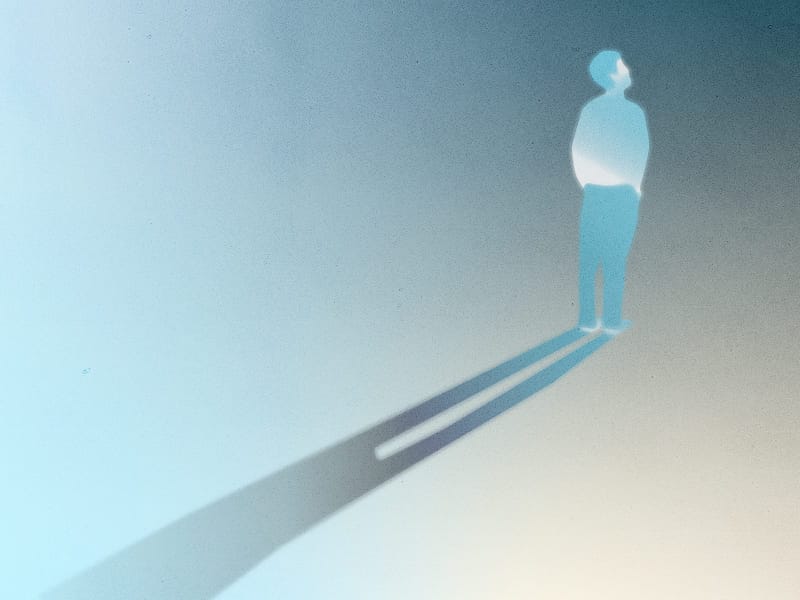How to Let Go of Unfulfilling Relationships
Recognize unfulfilling relationships and learn when to call it quits.

Recognize unfulfilling relationships and learn when to call it quits.
Not all relationships are equal, and not all relationships are worth keeping. But what does an unfulfilling relationship look like and how do you know when to let go of one?
Here, we’ll walk through the signs of an unfulfilling relationship and offer best practices for letting go when the time is right.
Unfulfilling relationships
Megan B. Bartley, a marriage counselor, author and founding director of The Mindfulness Center, says “trusting your gut” is the most important thing you can do when determining if you’re in an unfulfilling relationship.
“With a long-term relationship, whether it is a friendship or a marriage or a dating relationship, it can feel like you have so much invested in it. Trust your gut and say, ‘OK, something’s off or wrong or I don’t enjoy spending time with this person anymore,’” says Bartley.
This idea is referred to as the “sunk-cost fallacy.” If you’ve already invested time into a relationship, it can be hard to extricate yourself from it, hoping that your investment will “pay off.” But, rather than investing more time into a relationship that isn’t working, it may be best to walk away.
“There needs to be a mutual exchange of energy,” says Bartley. Fulfilling relationships require both participants to give (and get) something from the exchange.
What to do
Bartley says it is important to check in with yourself about your relationship. “The person has to define for themselves what is fulfilling to them,” Batley says. “When did they feel fulfilled in the past? Or have they ever felt fulfilled with this person?” Checking in with yourself and being truthful about a relationship is the first step of letting go.
This can be harder than it seems. Bartley says it can be easy to ignore one’s feelings in a relationship in an effort to “people please” or not anger the other person. Therapy is often about “trying to reconnect people to themselves,” adds Bartley. Reconnect with yourself and your honest feelings.
“People change over time…,” says Hartley. “If your partner or friend is not able to match you in that place or they’re not growing and shifting and changing themselves, you can start to feel like there’s a disconnect.”
Relationships that used to feel fulfilling can become unfulfilling over time, due to things outside your control. The other person may not be “bad,” but you’ve both changed and your relationship should end as a result.
And remember: a relationship requires work from two people, not just one. If both parties are not able to work on their relationship, it cannot be salvaged.
Learning how to have a healthy confrontation can help you approach a conversation with your friend or partner. Use I-statements (“I feel as if this relationship is no longer working for me”) when talking to the other person.
What not to do
The end of an unfulfilling relationship can create a period of mourning. Be patient with yourself as you navigate the end of what was once a fulfilling relationship.
This kind of grief is completely natural and to be expected when ending a relationship. Don’t be frustrated by your own emotions. Grief in the wake of a friendship breakup or regular breakup is very normal.
Summary
When determining if you’re in an unfulfilling relationship and letting go of one, there are a few key things to remember.
— Trust your gut. Be sure to check in with yourself and be honest with yourself about your relationships.
— Reflect on your relationship. Maybe you’ve changed or your friend has changed, but what once worked is no longer working.
— Give yourself time to grieve. Experiencing a period of mourning after any loss is normal.